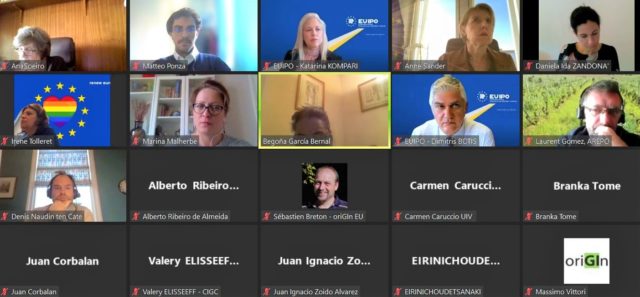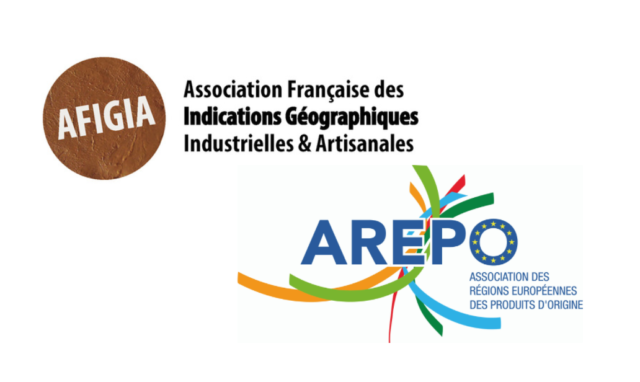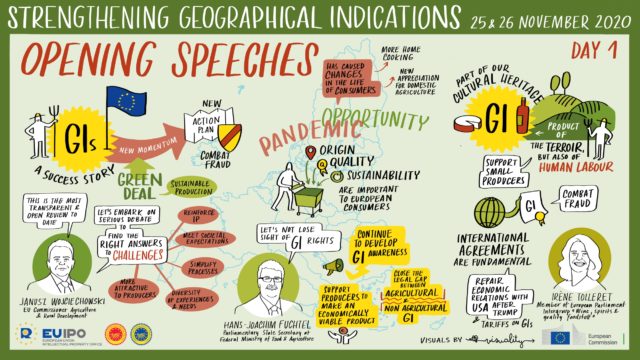On October 12th, AREPO participated in the DG GROW Workshop “Contribution of non-agricultural geographically-rooted products to regional inclusive economic development” organised in the framework of the European Week of Regions and Cities.
Mr Slawomir Tokarski, Director of Innovation and Advanced Manufacturing (DG GROW), presented the workshop as a follow up to the green paper published in 2015. It aimed at collecting evidences regarding the impact of GI for non-agricultural products on creation and conservation of small scale business and employment, integration of women and youngster into the labour market, increase of related economic activities, and promotion of regional identity as well as preservation of cultural heritage, local tradition and know-how.
Mr Vincent Labarthe, President of AREPO and Vice-President of Occitanie Region, opened the presentation session, defending the importance of GI protection for non-agricultural products. This issue is really important for Regions since it concerns productions activities that cannot be delocalised. Thus, these products have a high potential in term of valorisation of local resources, both natural and human. In less favoured areas, traditional handicrafts help to avoid depopulation, maintaining and generating employment. Furthermore, they contribute to develop tourism in these areas.
For these reasons, AREPO is in favour of the extension of GIs protection to non-agricultural products to ensure fair competition and to preserve the transmission of traditional knowledge and skills linked to these products. This protection would also generate synergies and linkages between handicrafts and agricultural GIs, facilitating the creation of inclusive and sustainable economies in the territories.
Ms Kathleen Walker-Shaw, rapporteur in the European Economic and Social Committee (EESC) on the possible extension of GIs to non agri products, highlighted the potential of GI protection for traditional artisanal products in term of employment. EESC is optimistic on the wide economic stimulus this kind of scheme could bring for these products. A legislative proposal would reduce the legal cost of defending private brands and would deviate and concentrate the investment of the sector in more proactive actions that can be beneficial for workers, like investments in high level designed trainings and skills development.
The third speaker, Davide Servadei, National President of the Craftartist Sector for Confartigianato, argued that tradition and innovation and strictly linked in crafted products. In fact, innovation represents the result of a process of evolution of know-how embedded in the territories. In this perspective, artistic handicrafts are the access key to the culture and traditions of a territory and can complete the touristic experience.
Mr Patrick Bernard-Brunet from DG REGIO gave an insight of the funding possibilities for non-agricultural GIs through the Cohesion policy.
In conclusion, Ms Virginie Rozière, rapporteur on this matter for the European Parliament, urged the Commission to recognize the large consensus among the stakeholders and to act in the public interest extending GI protection to non-agricultural product. This would promote and protect the European traditional cultural heritage and know-how, so diversified and unique.
For more information consult the following link:
- Contribution of the President of AREPO to the workshop
- Background note of the workshop (DG GROW)
- Green paper on the protection of geographical indications for non-agricultural products
- European Parliament report on the possible extension of geographical indication protection of the European Union to non-agricultural products (2015/2053(INI))
- European Economic and Social Committee report on the possible extension of GIs to non-agricultural products








